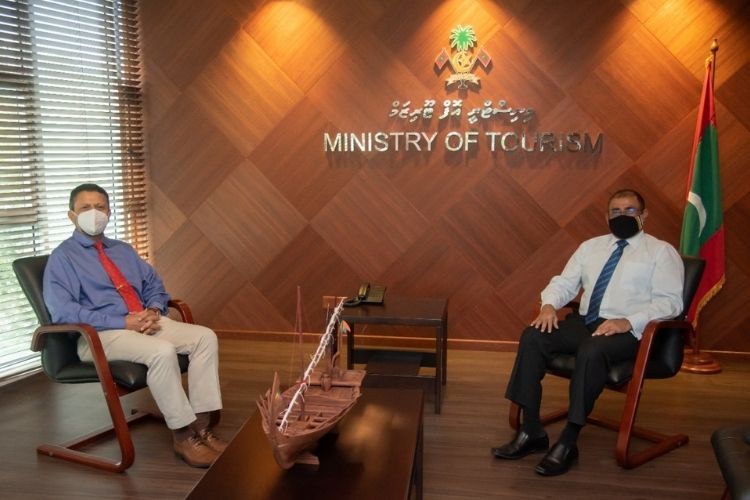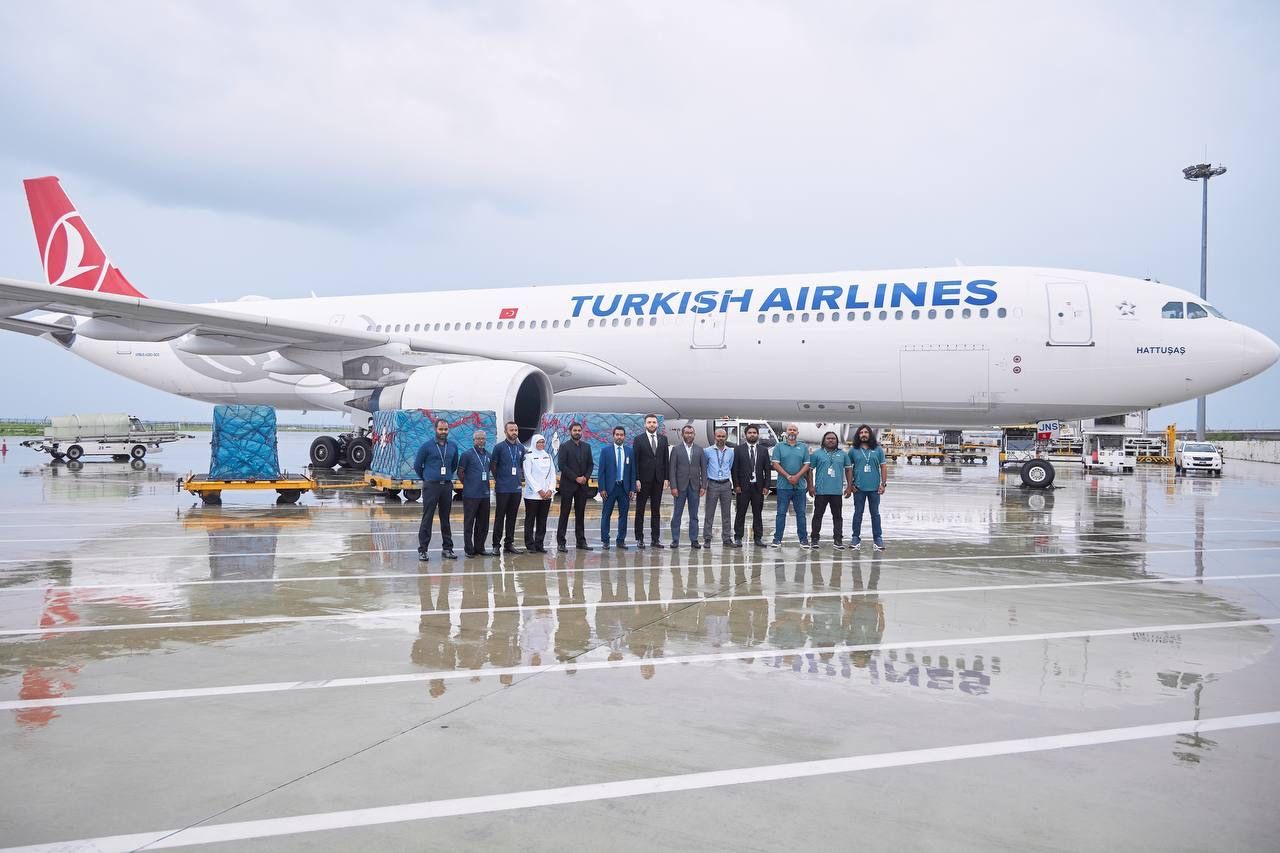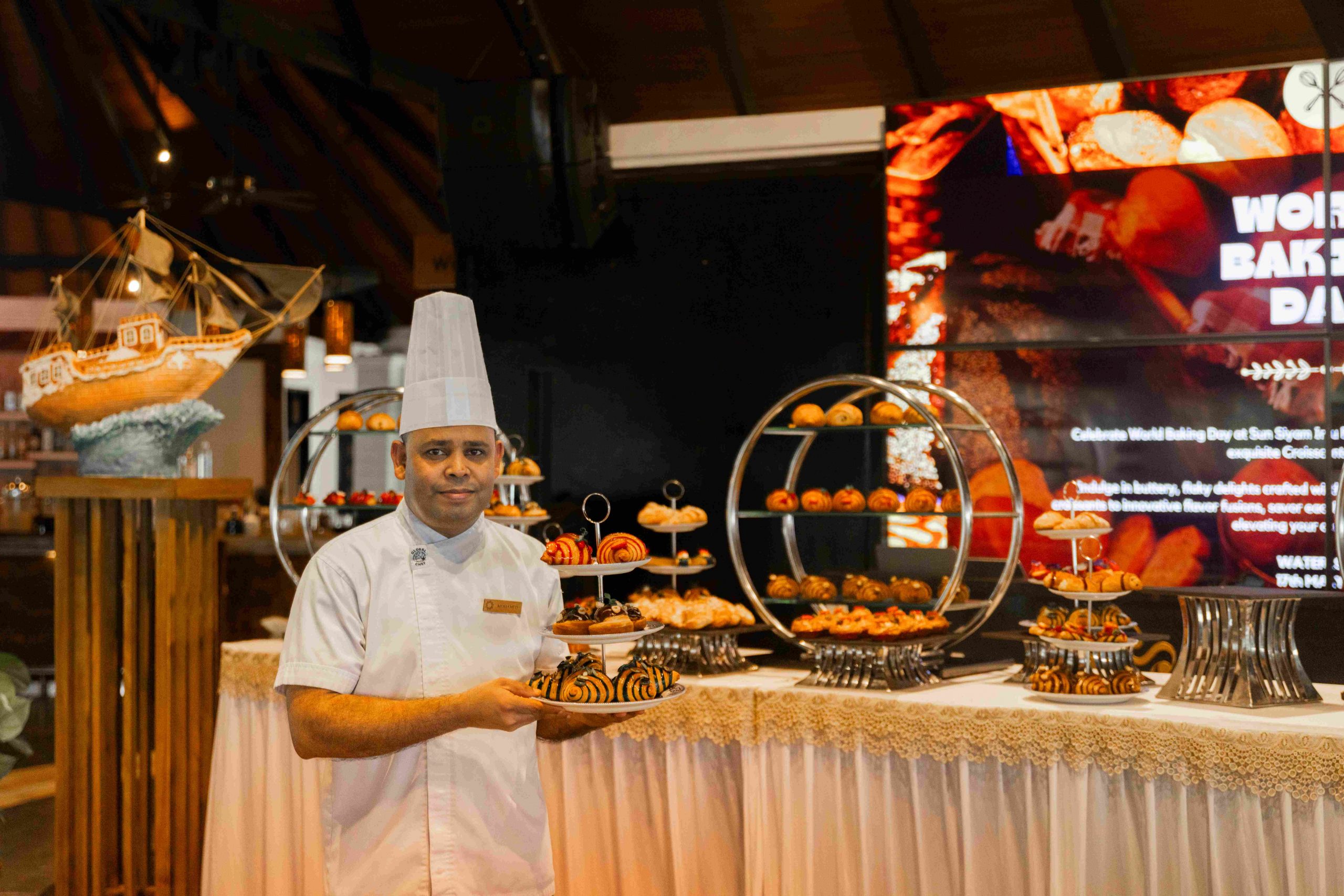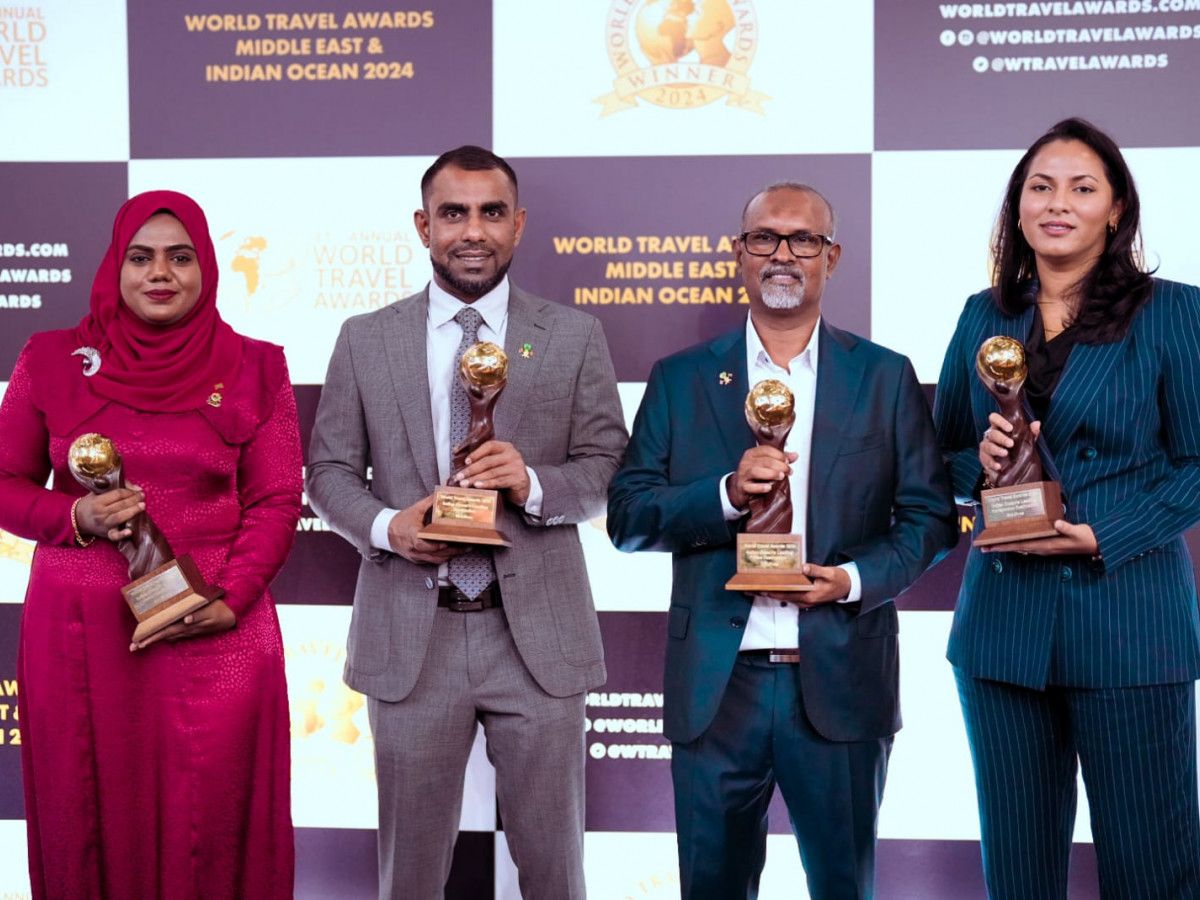High Commissioner of Bangladesh to the Maldives, H.E. Rear Admiral Nazmul Hassan called on Tourism Minister Dr. Abdulla Mausoom today, 20th September 2020. According to the Ministry of Tourism, the high commissioner and minister discussed strengthening cooperation in tourism between the Maldives and Bangladesh.
Bangladeshi nationals predominantly make up the majority of the migrant worker’s population in the Maldives. Furthermore, Maldives has repatriated a number of undocumented Bangladeshi workers during the COVID-19 pandemic. Bangladesh is one of the closest neighboring countries of the Maldives.
High Commissioner of Bangladesh to Maldives, H.E. Rear Admiral Nazmul Hassan called on Tourism Minister @Mausoom_Maus today and discussed strengthening cooperation in tourism between #Maldives and #Bangladesh pic.twitter.com/hLedinrRoU
— Ministry of Tourism (@MoTmv) September 20, 2020
Earlier this month, Minister Mausoom has met with the British High Commissioner to Maldives H.E. Ms. Caron Rohsler, and also Ambassador of China to the Maldives, H.E. Mr. Zhang Lizhong. Minister Mausoom discussed sustainable tourism development initiatives in Maldives and ways to further increase tourist arrivals from the UK with British High Commissioner. Furthermore, discussions with the Chinese ambassador was focused on further enhancing the cooperation in travel and tourism between Maldives and China.
Maldives Tourist Arrivals
According to recent statistics from Maldives Airports Company (MACL) over 20,000 arrivals to the Maldives have been recorded since the Maldives reopened its borders. A total of 7,607 arrivals were recorded in the first month after the border reopened, between 15th July 2020 and 15th August 2020. Furthermore, 12,833 arrivals were recorded between 16th August 2020 and 15th September 2020. This figure indicates an increase of 69.36 percent in comparison to the previous month.
In addition to that, 4,323 domestic departures were recorded from 15th July 2020 to 15th August 2020. likewise, 3,471 domestic departures were recorded from 16th August 2020 to 15th September 2020, which is a 19.71% decline compared to the previous month. Moreover, on 18th September 2020, Maldives recorded the highest number of tourist arrivals in a single day since the border reopening. A total of 708 arrived on the island archipelago on the 18th of September with the majority of the tourists from Russia.







